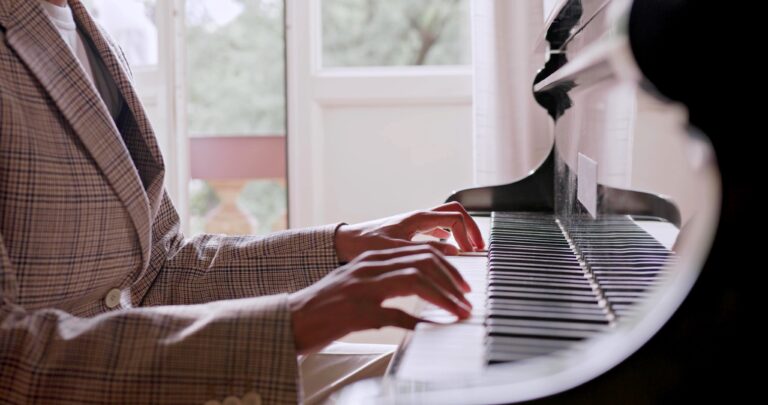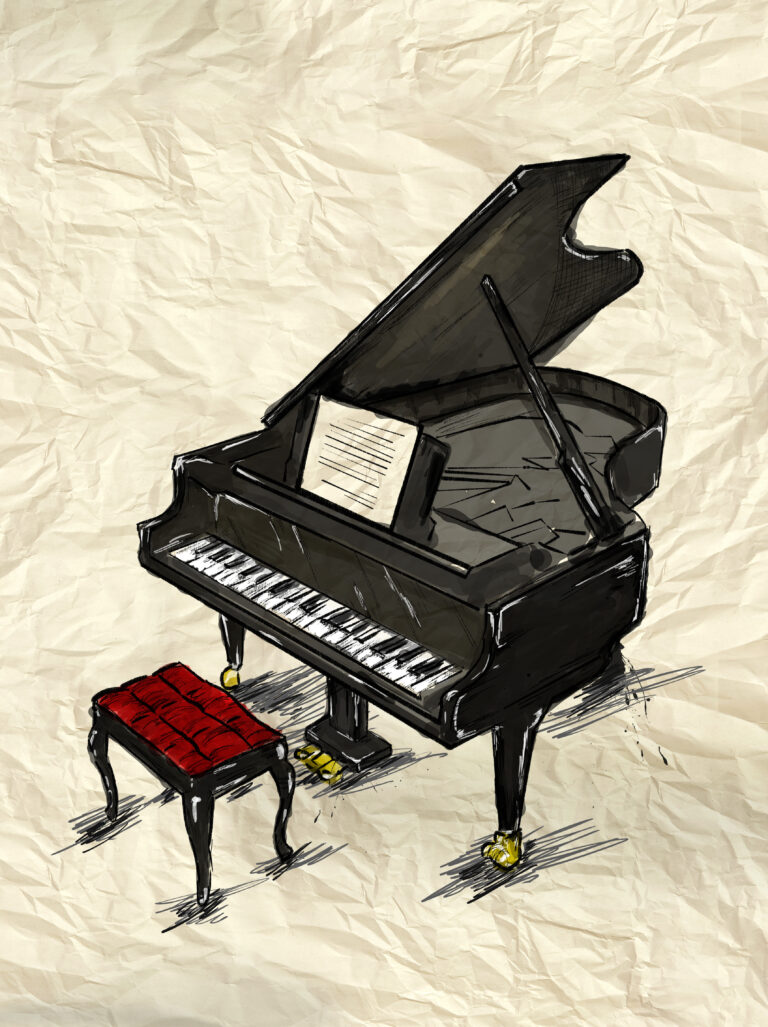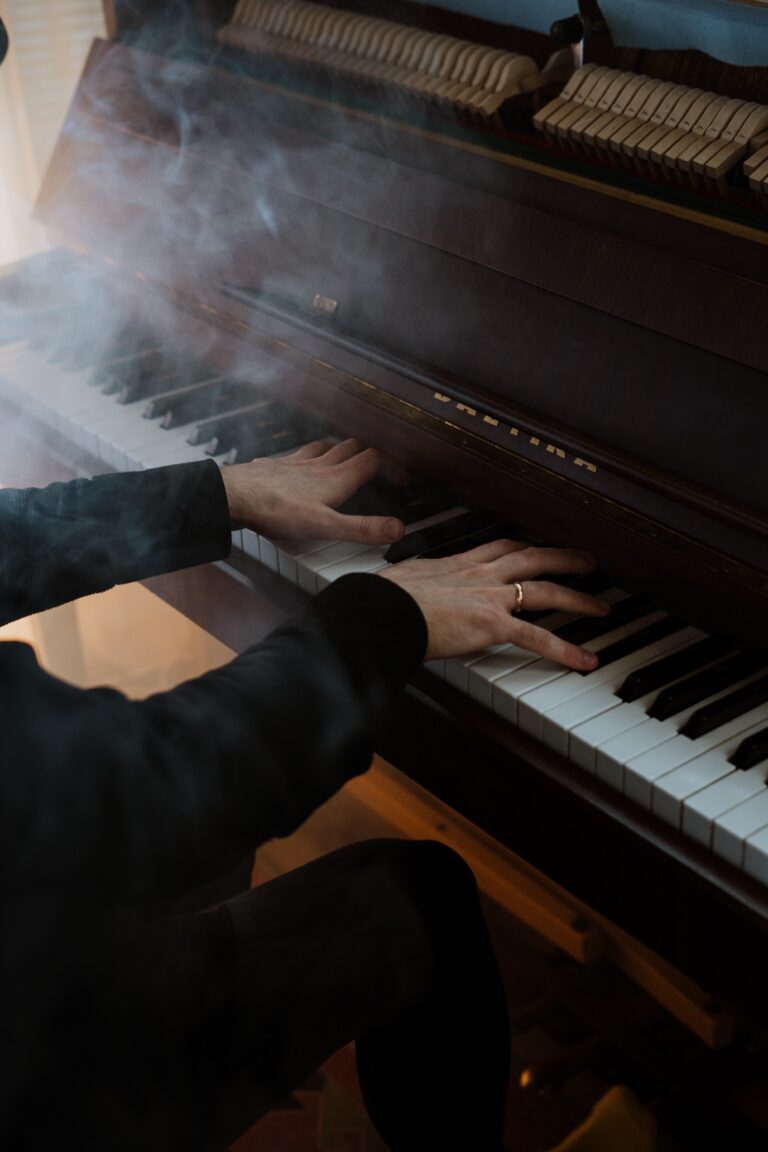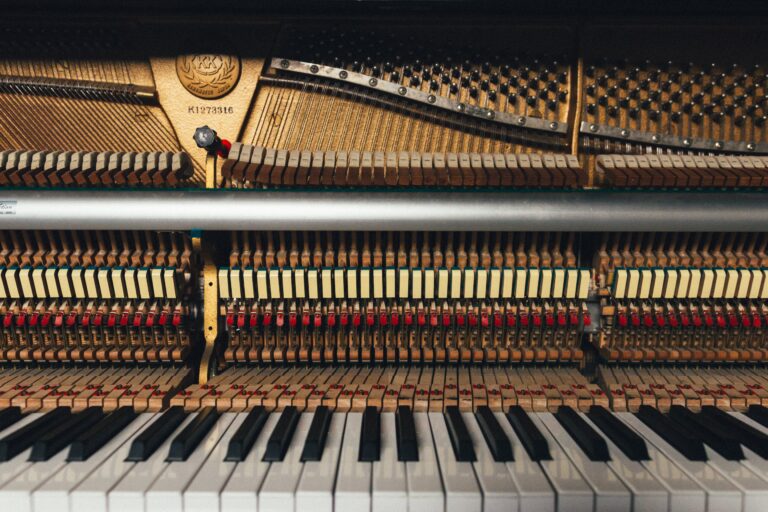The Explosive Truth: Can a Piano Really Explode?
Have you ever played a piano and wondered if it could explode? It may sound like an outlandish idea, but the truth is that there have been reports of pianos exploding in the past. While it’s not a common occurrence, it’s still important to understand why and how a piano could potentially explode.
Believe it or not, one reason a piano may explode is due to the buildup of pressure inside the instrument. This can happen if the piano is exposed to extreme temperatures or humidity levels. As the pressure builds up, it can cause the soundboard or other components to crack or break, potentially leading to an explosion. Additionally, if a piano is not properly maintained or serviced, it may be more susceptible to damage and potential explosions.
In this article, we’ll delve into the fascinating and unexpected world of piano explosions, exploring the causes and risks associated with this rare phenomenon. Whether you’re a seasoned pianist or just starting out, it’s important to understand the potential hazards of playing this beloved instrument. So, sit back, relax, and let’s explore the explosive truth behind pianos.
Can a Piano Explode?
You may be wondering whether a piano can explode. The answer is no, a piano cannot explode under normal circumstances. Pianos are made of wood, metal, and other materials that do not have the potential to cause an explosion.
However, there have been rare cases where pianos have caught fire or exploded due to extreme heat or other external factors. For example, if a piano is exposed to a fire, the heat can cause the glue that holds the piano together to melt, which can cause the piano to fall apart. In some cases, the heat can also cause the strings to snap, which can create a loud popping sound that may be mistaken for an explosion.
It’s important to note that these cases are extremely rare and should not be a cause for concern. Pianos are generally safe and reliable instruments that can last for decades if properly maintained. If you’re worried about the safety of your piano, it’s always a good idea to have it inspected by a professional technician to ensure that it’s in good working order.
Pianos are known for their timeless beauty and enduring quality, but like any instrument, they require proper care and maintenance to stay in top condition. While it’s unlikely that your piano will explode under normal circumstances, extreme heat or other external factors can pose a risk. That’s why it’s essential to take proper care of your piano and have it inspected regularly to ensure that it remains a safe and enjoyable instrument for years to come.
Causes of Piano Explosions
Extreme Temperatures
Pianos are made of wood, metal, and other materials that can expand or contract with temperature changes. Extreme temperatures can cause these materials to warp, crack, or even break, which can lead to the explosion of the piano. For example, if a piano is exposed to high temperatures for a prolonged period of time, such as being left in a car on a hot day, the glue that holds the piano together can melt, causing the piano to fall apart. Similarly, if a piano is exposed to extremely cold temperatures, such as being left in a freezing garage, the wood and metal can contract, causing the piano to crack or break.
Improper Handling
Pianos are heavy and delicate instruments that require careful handling. If a piano is mishandled or dropped, it can cause the internal components to shift or break, which can lead to an explosion. For example, if a piano is dropped during transportation, the strings or soundboard can be damaged, which can cause the piano to explode. Similarly, if a piano is moved too quickly or forcefully, the internal components can become misaligned, which can cause the piano to malfunction and potentially explode.
Pianos are not just beautiful instruments, they’re also valuable investments that require proper care and attention. While extreme temperatures and improper handling can cause explosions, there are steps you can take to keep your piano safe and secure. From storing it in a climate-controlled environment to transporting it with care, taking these precautions can help prevent accidents or damage. So, whether you’re a professional musician or a casual player, make sure to prioritize the safety and longevity of your piano and enjoy the beauty of this incredible instrument for years to come.
Historical Instances of Piano Explosions
Throughout history, there have been several instances of pianos exploding. While it may seem like a rare occurrence, it is important to understand the potential dangers of owning a piano.
The 1800s
In the 1800s, pianos were often made with materials such as ivory and nitrocellulose. These materials are highly flammable and can easily catch fire, leading to an explosion. In 1863, a piano factory in London exploded due to the ignition of nitrocellulose used in the manufacturing process. The explosion caused significant damage to the surrounding area and resulted in several deaths.
The 1900s
As technology advanced, so did the materials used in piano manufacturing. However, explosions still occurred. In 1911, a piano exploded in a music store in Pennsylvania. The explosion was caused by a gas leak and resulted in the death of the store owner.
In 1955, a piano exploded on stage during a performance in Japan. The explosion was caused by a gas leak and injured several people in the audience.
Recent Instances
In recent years, there have been reports of pianos exploding due to faulty wiring or gas leaks. In 2013, a piano exploded in a church in Massachusetts, causing significant damage to the building. In 2017, a piano exploded in a university in China, injuring several students.
It is important to note that while piano explosions are rare, they can still occur. It is crucial to properly maintain and inspect your piano to prevent any potential dangers.
What can one do when a piano explodes?
If you are present when a piano explodes, it is important to take immediate action to ensure your safety and the safety of those around you. Here are some steps you can take:
- Evacuate the area: Move away from the piano as quickly as possible. If the piano is in a public space, alert others to the danger and help them to evacuate.
- Call for help: Dial the emergency services and inform them of the situation. Provide as much detail as possible, including the location of the explosion and any injuries sustained.
- Check for injuries: If anyone has been injured, administer first aid if you are trained to do so. If the injuries are severe, wait for medical professionals to arrive.
- Secure the area: If the piano has exploded due to a gas leak or other hazardous material, ensure that the area is secured until it can be properly cleaned up and made safe.
- Document the incident: If possible, take photos or videos of the aftermath of the explosion. These may be useful for insurance purposes or for any legal action that may be taken.
In summary, if you are present when a piano explodes, your priority should be to ensure your safety and the safety of others. Evacuate the area, call for help, check for injuries, secure the area, and document the incident if possible.
Prevention of Piano Explosions
Proper Maintenance
To prevent piano explosions, it is important to maintain your piano regularly. Here are some maintenance tips:
- Keep the piano clean and dust-free. Use a soft cloth to wipe down the exterior and avoid using harsh chemicals that can damage the finish.
- Tune the piano regularly. A poorly tuned piano can cause undue stress on the internal components, leading to potential explosions.
- Keep the piano in a stable environment. Avoid placing it near windows or doors where it can be exposed to extreme temperatures or humidity changes.
Safe Handling
Proper handling of a piano is also crucial in preventing explosions. Here are some tips for safe handling:
- Never move a piano by yourself. Always hire professionals who are trained in moving heavy objects to avoid damaging the piano and causing potential explosions.
- Avoid placing heavy objects on top of the piano. This can cause undue stress on the internal components and lead to potential explosions.
- Do not allow children to play or climb on the piano. This can cause damage to the internal components and lead to potential explosions.
By following these proper maintenance and safe handling tips, you can reduce the risk of your piano exploding and ensure that it continues to provide beautiful music for years to come.
Conclusion
While it is possible for a piano to explode, it is an extremely rare occurrence. Pianos are designed to withstand high levels of tension and pressure, making it unlikely for them to explode due to internal pressure or a gas leak.
However, it’s still important to take proper precautions to ensure the safety of your piano. Regular maintenance and inspections are crucial to identify any signs of damage or wear and tear that could potentially lead to hazards. Additionally, when moving or transporting pianos, it’s essential to follow proper safety protocols to avoid mishandling and damage.
Although the idea of a piano explosion may seem alarming, it’s not a common occurrence and should not be a cause for concern for most piano owners. As long as you take the necessary measures to maintain and handle your piano safely, you can enjoy playing this beloved instrument for years to come.






